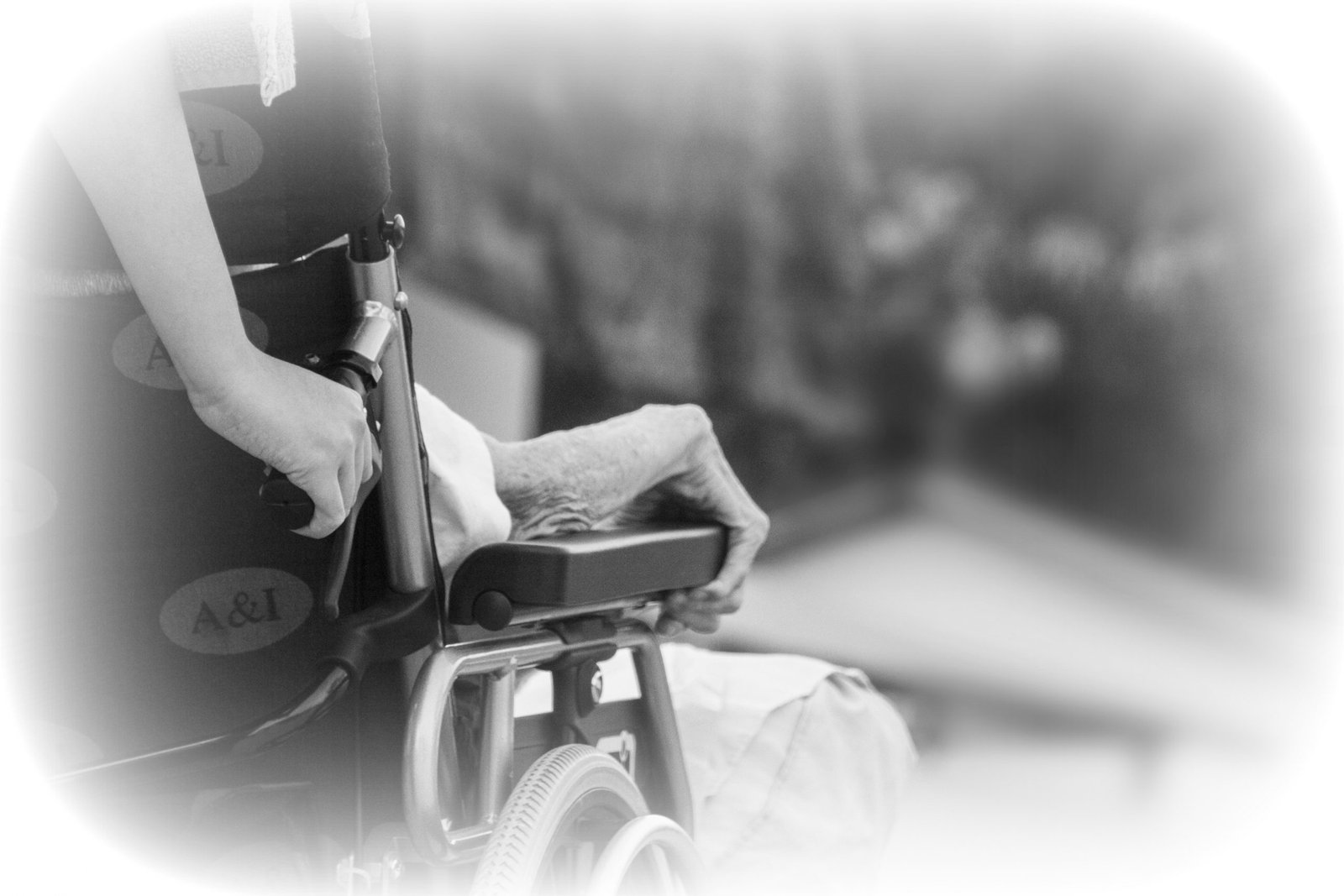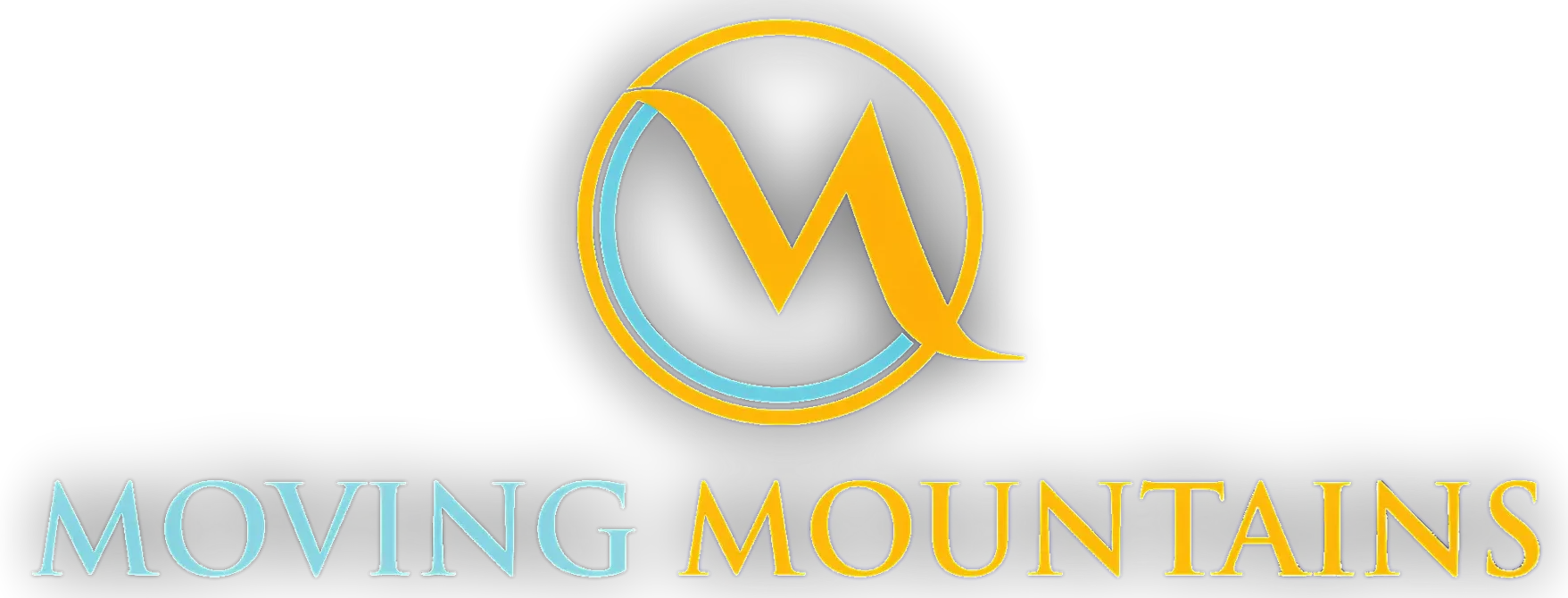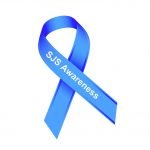How to Deal with Depression While Having a Disability

Disabilities can limit the lives of those who have recently suffered trauma or have been disabled from birth. Many disabled persons struggle to cope in social, personal and professional spheres. While for some, a disability presents new challenges and the need for independence, others are severely affected by depression and an inability to move forward or manage daily activities. The following looks at the steps one can take to cope with disability and depression, including the detection of depressive symptoms.
What is Depression?
Depression is a chronic psychological condition marked by the following symptoms:
Persistent feelings of sadness
Hopelessness
Loss of interest in previously pleasurable activities
Fatigue
Insomnia
Overeating or poor appetite,
Irritable or unstable mood
Suicidal thoughts
A lack of personal motivation and not wanting to get out of bed compromise the pursuit of goals or the ability to cope with minor stress. You may feel like a victim or that the world is not on your side. Loneliness and feeling alone even when surrounded by others, are classic indications of severe depression.
Depression and Disability
Depressive symptoms are most common in those who have experienced the loss of single or multiple physical functions owing to accidents, infections or chronic disease. If you could only imagine how significantly your life would change if you went from walking, running and moving with ease to being confined to a wheelchair. The limitations associated with depression are related to a sense of loss. Individuals impacted by a disability experience a grieving process including anger and bargaining to make sense of the loss of their former abled bodies. A period of grief is natural, but when it becomes excessive and takes over your life, your personality and your relationships, your general well-being is severely compromised.
Both individuals who have suffered a sudden disability or have managed their challenges all their lives are negatively impacted by societal attitudes, misconceptions and a constant struggle to find acceptance in areas of employment, interpersonal relationships and public activities. The additional pressure and constant need to work harder than able bodied persons to achieve recognition and respect, places a significant toll on everyday life.
How to Deal with Depression and Disabilities
When dealing with the complexities and challenges of living with a disability, it is important to rely on healthy resources. While depression is not easily overcome, it can be managed, and you can get your life back by forming new attitudes and behaviors.
Seek support from your closest family and friends. Loved ones are there to listen to you and help you when you need it the most. Do not feel guilty or frustrated having to rely on someone else to perform tasks or activities to assist your needs.
Join a support group of individuals with disabilities experiencing similar struggles. The best way to cope with your difficulties is to relate to the experiences and encounters of another person. It can help you realize that you are not alone.
Seek professional assistance. If you are feeling truly hopeless or suicidal, a professional counseling service can help you along your journey to wellness and a new life.









